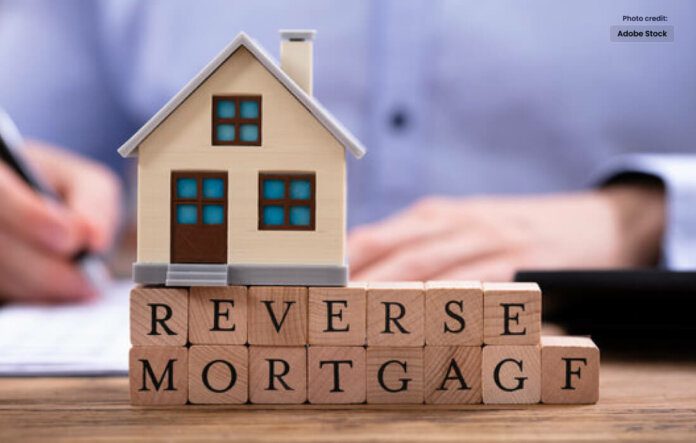Unlock answer’s with reverse mortgages. How they work in this blog.
A reverse mortgage is a type of financial product made just for homeowners over the age of 62. A reverse mortgage enables you to turn some of the equity in your house into cash without selling it, in contrast to a standard mortgage, which requires you to pay your lender monthly in order to purchase your property. You get payments from the lender instead of making payments, thereby converting your home equity into a source of income.
What is the Process of Reverse Mortgage?
The fundamental idea behind a reverse mortgage is to give retirees financial security while enabling them to remain in their homes. Here is a little explanation of how it operates:
- Loan Origination: You submit an application for a reverse mortgage via a recognized lender. They evaluate your eligibility based on elements such as geography, house value, and age.
- Loan Approval: Following approval, you have the option of receiving the money as a flat sum, regular payments, or a line of credit.
- Loan Repayment: When you vacate the property, sell it, or pass away, the loan becomes due. The proceeds from the sale of the residence are then used to pay the lender back. The government backed Federal Housing Administration (FHA) insurance program normally makes up the difference if the sale doesn’t cover the total loan sum.
- Home Valuation: Your home is assessed by a qualified appraiser to ascertain its current market worth.
- No Monthly Payments: You don’t make monthly payments like you would with a regular mortgage. Instead, as time passes, the loan balance increases.
Benefits of Reverse Mortgages
- Home Ownership: Your home is still yours, and you are free to occupy it for as long as you like.
- No Repayment Until You Leave: The loan is not due for repayment until the property is vacant.
- Financial Flexibility: When used as a reliable source of income in retirement, reverse mortgages give both financial security and peace of mind.
- Tax-Free: Most of the time, reverse mortgage proceeds are tax-free.
Considerations Before Getting a Reverse Mortgage
Reverse mortgages have benefits, but they might not be right for everyone. Here are some crucial things to remember:
- Interest and Fees: When compared to conventional mortgages, reverse mortgages often have higher interest rates and costs.
- Home Equity Depletion: The equity in your house may be lowered as a result of the rising loan load over time.
- Impact on Inheritance: A reverse mortgage can lower the value of your home’s inheritance if you want to leave it to your heirs.
- Long-Term Commitment: The debt becomes due if you decide to relocate or sell your house, which may limit your options for future housing.
It’s critical to speak with a financial expert or counselor to assess your unique financial circumstances and goals before thinking about a reverse mortgage.
Non-Recourse Protection
A vital safety net provided by reverse mortgages is non-recourse protection. This means that even if the loan total is more than the home’s appraised worth at the time of repayment, neither the borrower nor their successors will ever owe more than the home’s appraised value. This safeguard makes sure that elders can use their home equity without running the danger of putting themselves or their successors in a difficult financial situation.
Aging in Place
It’s impossible to emphasize the value of aging in place. Most elderly people wish to keep their freedom and comfort in their own homes for as long as feasible. Reverse mortgages enable seniors to access their home equity without selling or moving out, making this fantasy a reality. For people who want to live in their houses after retirement, this might be a game-changer.
Supplementing Retirement Income
The capacity of a reverse mortgage to increase retirement income is among its most important benefits. Many seniors discover that their retirement funds and pensions are insufficient to support their preferred standard of living.
Homeowners who are 62 years of age or older can use a reverse mortgage to turn a portion of their equity into tax-free cash. Retirees can make the most of their golden years by using this extra money to pay for daily expenses, healthcare charges, travel, or any other financial demands.
Conclusion
For retirees wishing to access their home equity without selling their homes, reverse mortgages can be a useful financial instrument. Before selecting a choice, it’s crucial to comprehend the advantages, disadvantages, and probable consequences. To evaluate whether a reverse mortgage fits with your retirement goals and financial requirements, always seek professional counsel.




